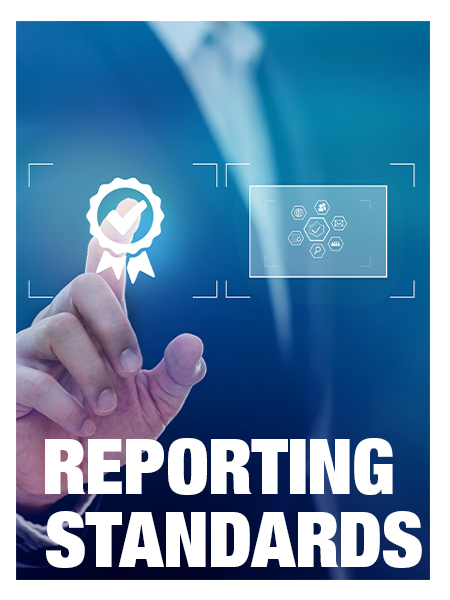Cleanse Your Company of Greenwashing Worries With A Waste-Minded Sustainability Plan
– August 18, 2022 –
According to a recent Fast Company study, 68 percent of company owners admit that their business is guilty of greenwashing – a shady marketing gimmick intended to mislead customers who prefer to purchase services and products from environmentally conscious brands. Another poll found that two-thirds of executives globally question if their marketing materials are genuine.
Today’s increased scrutiny and prevalence of sustainability are bringing greenwashing to the surface, making it more important to ensure what you claim about your company holds merit.
Review the reality of greenwashing and our suggestions for how your organization can work towards avoiding it with waste-minded solutions!
What Are the Standards on Reporting?
A significant factor in all this is that no standard reporting methods exist. As a result, measuring a company’s actions across the market

is virtually impossible. So, you can’t blame businesses for taking the most advantageous path. The problem, however, is that it can lead to interpretation and doubt about what’s the truth.
Ex. 1) Claiming carbon neutrality by using carbon credits – Companies can use carbon credits to compensate for their emissions. Carbon offset projects can reduce carbon and increase carbon storage when done right, but they fail to directly address the leading sources of carbon emissions. These acts can be considered greenwashing when a company deceives the public on their attested level of reduction in carbon emissions.
Ex. 2) Company claims product packaging is entirely recyclable – While yes, the packaging may be 100 percent recyclable, most o
f the marketplace doesn’t have a collection system to allow it to be captured correctly. So, in reality, it’s going to the landfill.
A global standard is a foundational step toward consistent, compatible and transparent Environmental, Social and Governance reporting and data exchanges. Lesson: Be careful about what you communicate to your customers. Products and services that read “environmentally friendly” or “organic” can capture at
tention, but can they be backed up with accurate data and keep you from damaging your brand’s reputation should someone research your claims more thoroughly?
Get Accurate Data
When dealing with Scope 3 emissions and the vast vendor base that’s typical for some markets, an inability to gather accurate data is relatively common. Unless there’s a formal certification process for the environmental/sustainable claim the vendor is making, you must thoroughly research any claim a vendor makes to ensure authenticity and accuracy. If your company wants to avoid greenwashing, it should rely on key metrics such as total waste, recycled/landfill diversion volumes and carbon reduction equivalents.

You can work with a waste/recycling management company that plugs into the ins and outs of your company to:
- Troubleshoot – Together with identifying the areas of success, the collection of accurate waste data can determine problems areas. If not regularly monitored, potential liabilities can be overlooked.
- Plan – By understanding your company’s current performance across the sector, it is possible to identify the best way to streamline systems and which processes will be the most effective for your sustainability goals.
- Justify – Good data helps support any relevant business cases and justify funding for a new recycling project.
Companies like yours can become more sustainable by reducing the amount of waste created during their operations. Data can help by increasing efficiency and cataloging ways that packaging materials can be reduced without damaging products. This could help cut down on material usage remarkably and give you a competitive advantage while saving money and keeping you focused on your core business.
A Comprehensive Assessment is Key
It’s not supernatural for companies to “selectively” tell the parts of their story that put them in the best light. But this also opens the door for incomplete truths. This will be an ongoing problem until a company gets far enough to build a holistic picture of what they are doing. Until you can do a life cycle analysis of your business and figure out the true impact of what you’re selling and serving, you can only report on what you cherry-pick. Picking single elements and putting all the weight on them is bound to falter.

Life cycle analysis can help to guide or provide values on:
- ESG materiality
- Product manufacturing
- Use
- Transport
- Final disposal
- Analyze indicators such as:
- Climate change
- Water use impacts
- Human health impacts
- Land-use
Organizations need to get accurate data and consider the complete life cycle of a product when determining the total environmental impact. It’s a puzzle that takes time, and companies must be diligent and conservative in their reporting and message to be proactive and minimize their legal risks.








